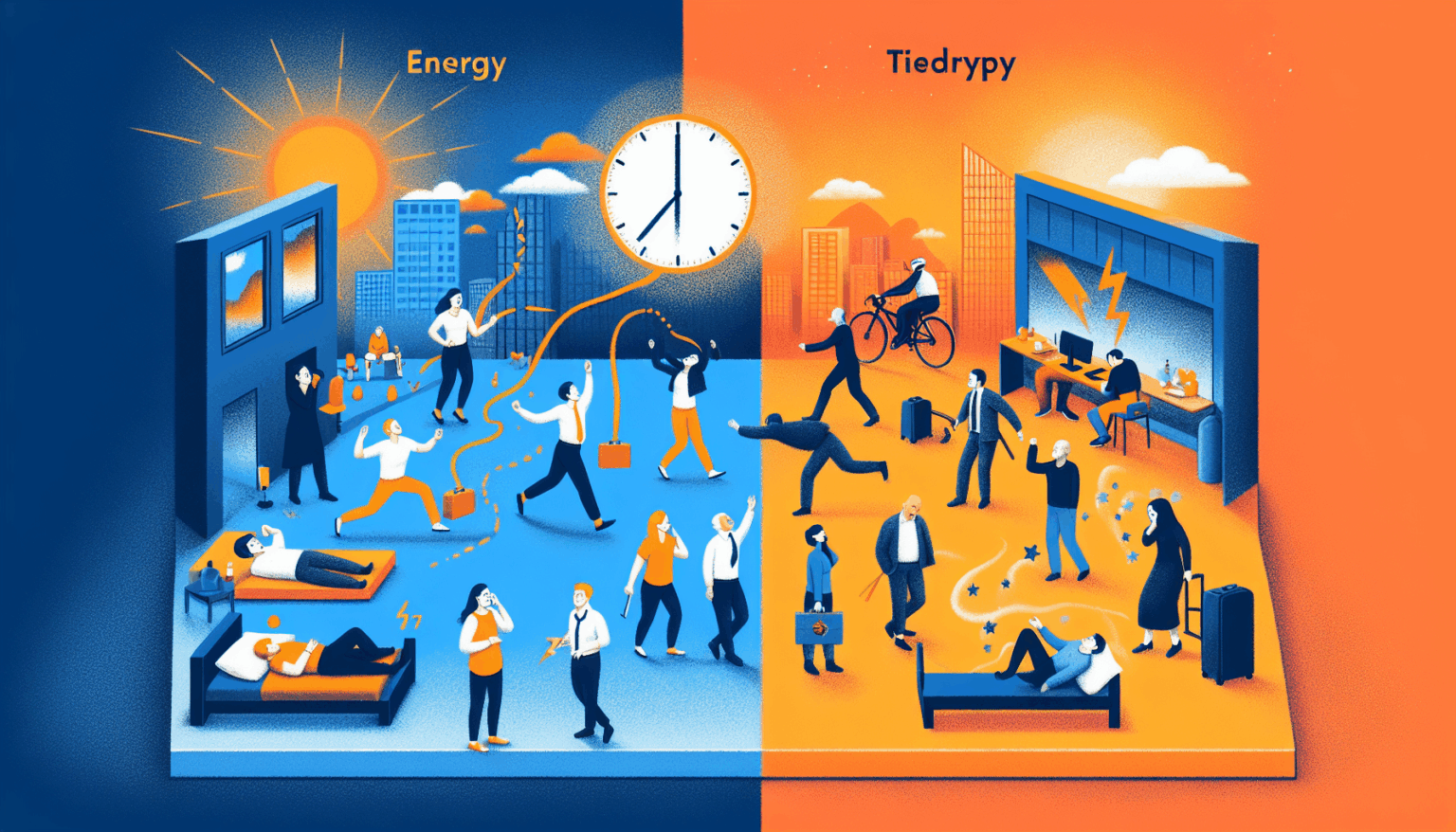Sleep is a universal need, but the quality of sleep can drastically change depending on the environment and cultural habits. In Japan, seven hours of sleep seem to be enough to wake up feeling energized. Meanwhile, in the United States, the same seven hours often leave people feeling exhausted and reaching for a cup of coffee.
The difference lies not in biology, but in how rest is organized: the bedroom’s temperature, rituals, posture, culture, and even the type of pillow can influence the depth of sleep.
Here’s an expanded review of the 7 main differences between Japan and the U.S., along with a practical guide with tips that can transform your rest.
1. Bedroom Temperature: Healthy Cold vs. Comfortable Warmth
- Japan: Bedrooms average around 13 °C, according to a study of 2,190 households.
- U.S.: Between 20 and 22 °C, closer to immediate comfort.
Science confirms that the brain needs to cool down by 1 to 2 degrees to activate deep sleep.
2. Sleeping Surface: Firmness vs. Softness
- U.S.: Soft, memory foam mattresses that might cause the back to sink and lead to poor postures.
- Japan: Firm futons on tatamis. Benefits include better spinal alignment, less back pain, and easy daily ventilation against humidity.
Sleeping on a firmer surface provides more support than “embracing” the mattress.
3. Pre-sleep Ritual: Screens vs. Hot Baths
- U.S.: 58% use screens up to an hour before sleeping. Blue light delays melatonin.
- Japan: The tradition of the ofuro, a hot bath at 40 °C that raises body temperature and then allows for a cooling that favors deep sleep.
Active screens keep the brain awake. A hot bath prepares the body to rest.
4. Cultural Attitudes: Shame vs. Acknowledging Tiredness
- U.S.: “You snooze, you lose.” Rest is associated with weakness.
- Japan: Acknowledging tiredness is part of respect. Inemuri (napping in public) is even seen as dedication to work.
Less guilt, less stress = better sleep.
5. Recovery: Obsession with Hours vs. Efficiency
- U.S.: Trying to “catch up” on sleep during weekends, which creates anxiety.
- Japan: Normalizing short 20-minute naps and prioritizing efficiency.
6 deep hours are worth more than 8 superficial ones.
6. Technology in the Bedroom: Chaos vs. Limits
- U.S.: TVs, mobiles, tablets in the bedroom.
- Japan: Even though 95% of teenagers have smartphones, there are more limits on times and types of nighttime content.
The problem isn’t the mobile device, but the lack of rules.
7. Pillows: Soft Deformability vs. Cervical Support
- U.S.: Large, soft pillows that tilt the head forward.
- Japan: Sobakawa pillows, filled with buckwheat hulls, adapt to the neck and maintain cervical alignment.
Studies show up to 50% less neck pain with proper support.
If you want to apply the best of Japanese sleep culture to your daily life, here’s a plan in 7 steps:
🌡️ Control the temperature. Adjust the thermostat to 15–18 °C at night. If not possible, use a fan or slightly open a window.
🛏️ Sleep on firmness. Choose a firmer mattress or place a mat over yours. Avoid soft pads that sink your spine.
🛁 Warm and cool ritual. Take a hot bath or shower 1-2 hours before bedtime. Afterward, allow your body to cool naturally.
🧘 Change your mindset. Recognize tiredness without guilt. Replace the idea of “losing time” with “gaining performance.”
😴 Use strategic naps. 20 minutes max, preferably in the afternoon. Avoid long naps that interrupt nighttime sleep.
📵 Set digital boundaries. Turn off screens 1 hour before bed. Replace social media with light reading or gentle stretching.
🛌 Real cervical support. Try a firm and low pillow. Consider those filled with buckwheat or other natural fillers.
Japanese sleep isn’t a mystery: it’s about culture, habit, and environment. The good news is anyone can apply these changes without moving to Tokyo. With minor adjustments—from cooling the room to reducing screen time—sleep quality can be transformed, improving energy, mental clarity, and overall health.
Sleeping well is not a luxury: it’s the foundation of cognitive performance, physical wellbeing, and longevity.
- Sleeping fewer but more quality hours can be enough. Deep, uninterrupted sleep is more restorative than long but interrupted sleep.
- The optimal temperature for sleeping is between 15 and 18 °C. Sleeping below 12 °C can be uncomfortable and affect health.
- If a hot bath is not possible every night, a hot shower works, too. Even a relaxing routine without screens can partially replicate the effect.
- Japanese pillows might require adaptation but aligning the cervical spine often reduces pain and improves long-term rest.
- If controlling technology in your bedroom is tough, start with a 30-minute digital cutoff before sleep. Replace your mobile with a physical book or warm lamp.
